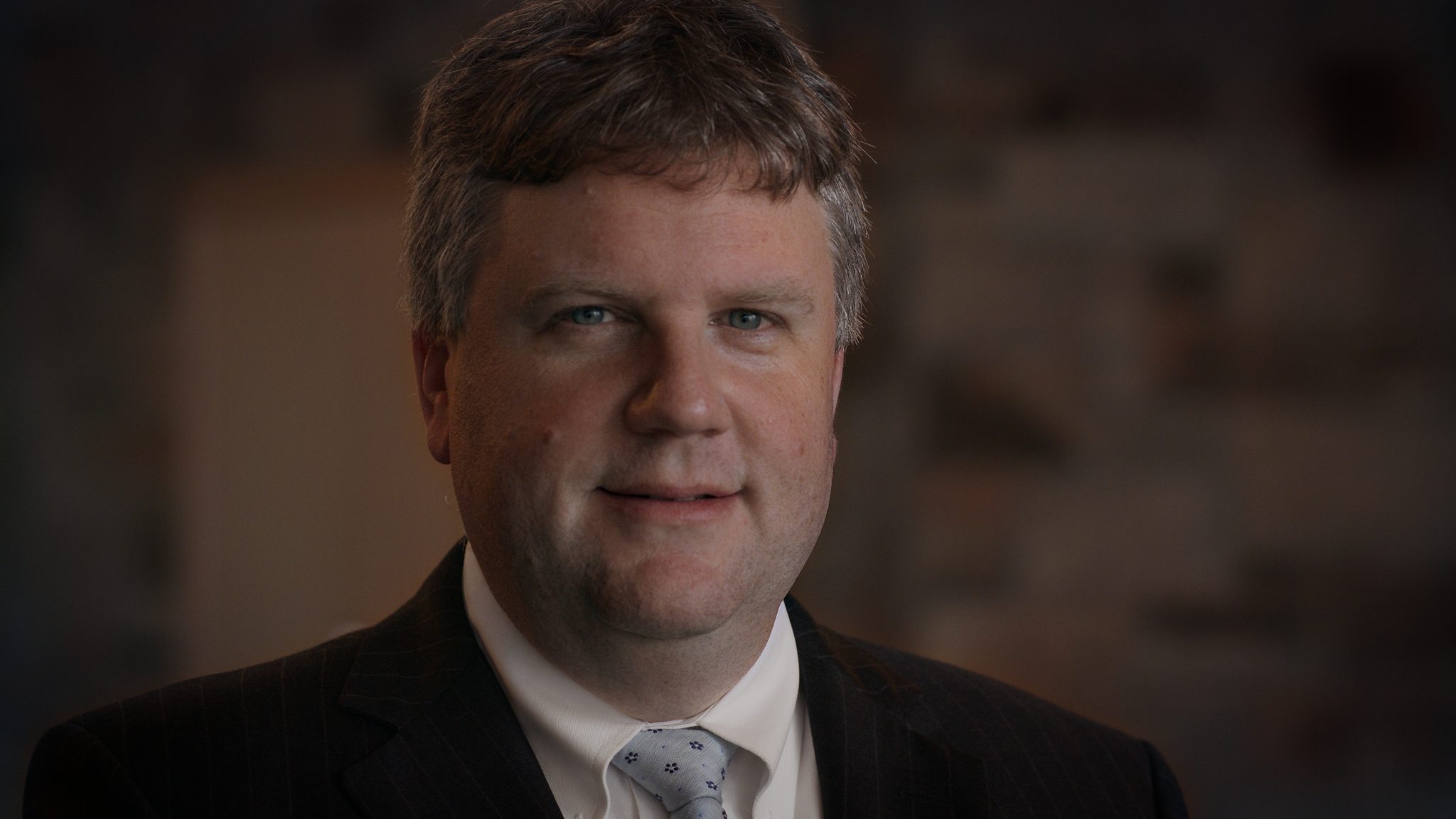Substance Use and Co-Occurring Disorders
Overview & Clinical Expertise
Your substance addiction – to alcohol, cocaine, prescription opioids, heroin, Benzodiazepines, marijuana, or other psychoactive drugs – has some characteristics in common with other sufferers and others that are unique to you. That is why you need the therapeutic expertise and flexibility of Silver Hill Hospital to effectively treat it.
Your treatment team will be led by a leading psychiatrist. After medical detoxification, the team will prepare a course of treatment specifically for you that includes behavioral, emotional and pharmacologic therapies. In addition, we will simultaneously treat the co-occurring psychiatric conditions that often accompany addiction. This combined approach makes Silver Hill a leader in substance abuse treatment in greater Connecticut, New Jersey, New York and beyond.
Levels of Care
Our levels of care correspond to your level of need:
- Treatment often begins in our inpatient unit, where you are admitted to the hospital for detoxification and to begin treatment as needed for co-occurring psychiatric disorders.
- After this initial phase of treatment, you move on to our Transitional Living Program, where you develop an understanding of your disorder and learn the skills to manage the recovery process.
- The third level of treatment is the Intensive Outpatient Program, in which you live at home and come to Silver Hill for therapy led by our clinicians. Alternatively, we can arrange a post-discharge plan for your continued treatment outside of Silver Hill.
Family Support
We also offer programs to support your family with information, education and counseling on how to best help you throughout your recovery.
Transitional Living Houses
As a Transitional Living patient in the Substance Use and Co-Occurring Disorders Program, you will be treated at Scavetta House or Barrett House.
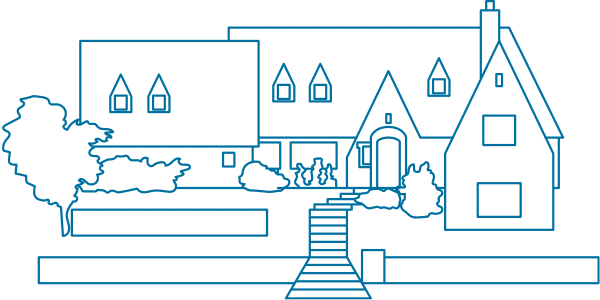
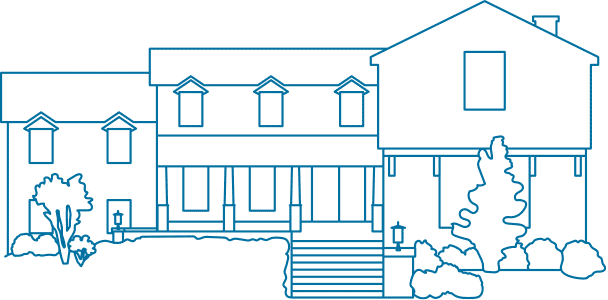
Treatments & Therapies
Our approach to your addiction treatment will be abstinence-based, supplemented as needed with medication-assisted therapies. These therapies have been shown to significantly reduce the risk of relapse, when clinically indicated in the treatment of a co-occurring psychiatric disorder.
The foundation of our treatment is evidence-based therapies, such as Dialectical Behavior Therapy (DBT), Dialectical Behavior Therapy for People with Substance Use Disorders (DBT-S). They will equip you with the skills you need to regulate your emotions, control self-defeating thoughts, urges, and behaviors, and improve interpersonal relationships.
Levels of Care
Inpatient Treatment – a first, stabilizing step in the recovery from mental illness or addiction
Many patients begin treatment in our inpatient level of care. Patients may be admitted for detoxification from alcohol, prescription medication or other substances. Simultaneous treatment for co-occurring psychiatric disorders is also provided as needed.
The goals of inpatient treatment are diagnostic assessment, safe detoxification, symptom reduction and stabilization.
Inpatient treatment includes the following:
- Psychiatric Diagnostic Evaluation – Based on information gathered from you, your family and your community clinicians, we develop a preliminary diagnosis and treatment plan.
- Medical Detoxification – We initiate medically supervised treatment designed to safely eliminate intoxicating or addictive substances from your body.
- Pharmacologic Therapies – We use medications in the treatment of co-occurring mental health disorders as necessary.
- Individual and Group Counseling – We provide counseling both one-to-one and in groups.
- Structured Treatment Environment – You will live in a supportive environment in which you can constructively apply the skills you are learning to achieve your treatment goals.
- Aftercare Planning – We will work with you, your family and community clinicians to develop a safe, healthy and meaningful plan for life after discharge.
Transitional Living Treatment – for continued therapeutic recovery
When you enter this all genders residential program at Scavetta House, you receive a thorough psychiatric evaluation, diagnosis and treatment plan, including pharmacologic treatment as needed. You reside on campus in a safe and comfortable setting. The length of stay for this phase of treatment is 4 weeks, but you may opt to extend your treatment.
The Goal of the Transitional Living Program is to help you develop an understanding of your psychological and addictive conditions and learn new behavioral skills to manage your recovery process.
The Transitional Living Program continues the progression of treatment protocols from your inpatient stay, including:
- An Updated Psychiatric Diagnostic Evaluation
- Pharmacologic Therapies
- Individual And Group Counseling
- Residential Care For A Structured Treatment Environment
- Aftercare Planning.
Treatment also includes thorough immersion in these two pillars of our therapeutic approach:
- DBT for People with Substance Use Disorders (DBT-S) – DBT-S is an evidence-based extension of Dialectical Behavior Therapy. DBT-S patients learn mindfulness for a greater sense of self awareness, learn how to manage their emotions and urges more effectively, practice new improved communication skills, and implement the tools necessary to build emotionally healthy and sober lives. Learn More about DBT for People with Substance Use Disorders
- Dialectical Behavior Therapy (DBT) – A skills-oriented therapy designed to provide the tools necessary to regulate emotions, control self-destructive behaviors and improve interpersonal relations. Learn More about Dialectical Behavior Therapy.
Intensive Outpatient Program – for ongoing treatment from home
https://silverhill.croninqa1.com/how-we-treat/outpatient-care-in-ct/
Co-Occurring Disorders
While you may be seeking treatment for addiction, we find that there is often a psychiatric disorder that occurs along with it such as anxiety, depression or bipolar disorder.
If we diagnose you with a co-occurring psychiatric disorder in addition to addiction, our staff has the skill, sensitivity and training to treat your dual conditions together rather than one at a time. This Simultaneous treatment is the most effective approach for dual conditions, and often the least available at other institutions.
Multiple Diagnoses Cases
Dr. Andrew Gerber discusses the treatment of complex cases at Silver Hill.
Patient Outcomes
Our patients tend to have a high level of satisfaction with their treatment, and a low level of relapse after it. A recent Silver Hill study of 645 discharged patients found that 4 out of 5 patients avoid a relapse if they complete at least one month of our residential Transitional Living program.
These are outstanding results and are substantially higher than the available national figures for addiction recovery. They also represent a benchmark for us against which to measure our own continual efforts to improve clinical outcomes.
We expect that you will leave your addiction treatment at Silver Hill with the psychological understanding and behavioral skills necessary for a successful recovery. You will be equipped with the ability to manage emotions, identify triggers, prevent relapse, and improve self-esteem.
Photo Gallery
Take a look at our campus and treatment houses.

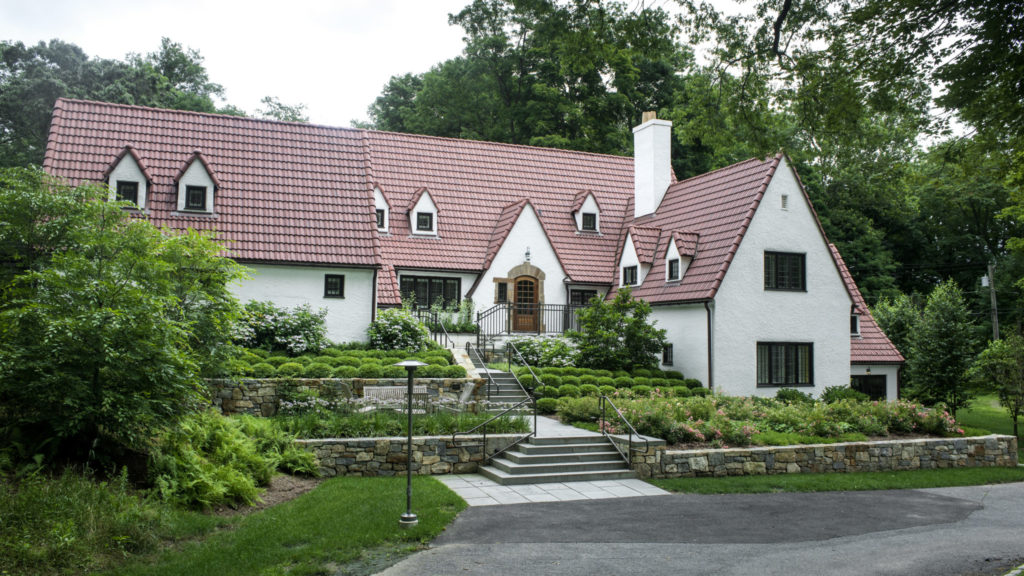

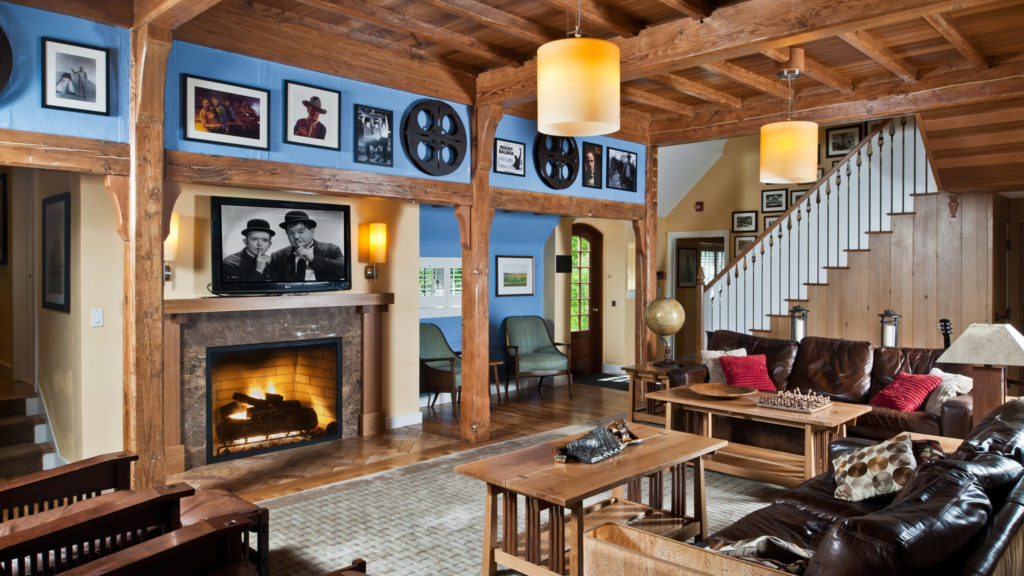




Patient Experience
Silver Hill is a warm, caring and non-judgmental space for you to recover and get on with your life.
Each level of care in our treatment regimen is an opportunity for you to understand yourself better and take charge of your future:
- Your Inpatient experience will coincide with a crisis in your condition that requires immediate medical attention to stabilize.
- While living in a highly structured environment in our Transitional Living Program, you will acquire the skills necessary for a successful recovery while remaining under close medical supervision.
- Our Intensive Outpatient Program offers you the freedom to continue your treatment while living at home.
Finally, we offer support to your family throughout every stage of your treatment with us, to help them to assist in your recovery.
Following is more detail on what you will experience as a patient at Silver Hill during each level of care for addiction and it’s co-occurring disorders:
Inpatient
Our Main House Inpatient Service takes place at the Patricia Regnemer Main House building. You will be assigned according to your diagnosis and the type of inpatient treatment that is best suited to assist in your recovery.
The average length of stay varies by diagnosis, ranging from 5 to 12 days. Inpatient units are locked for your safety and no personal computers or cellphones are permitted.
In this safe, supportive environment, patients are able to explore:
- Problem solving
- Relapse prevention
- Managing emotions
- Self-esteem
- Coping ahead
- Health and medication education
- Communication skills
- Stress management
All inpatient units are locked for your safety and no personal computers or cellphones are permitted.
Your day will be structured around a 14-hour schedule, which includes:
- Breakfast, lunch and dinner
- Group therapy
- Goal planning
- Twelve Step Meetings
- Recovery discussion meetings
- Workbook/Journaling
- Wellness therapy and recreational activities
- Visiting hours (family members twelve years of age and older)
You will meet individually with your psychiatrist and social worker every day.
Transitional Living
All genders reside on campus at Scavetta House. Rooms in the residences have private baths and accommodate two people. (Private rooms are available at an additional cost.) Visit Being at Silver Hill for additional details.
Your 14-hour daily schedule will vary by day and week, but typically include:
- Breakfast, lunch and dinner
- Group Therapy
- Twelve Step Meetings
- Dialectical Behavior Therapy Skills Training
- Recovery Discussion Meetings
- Yoga or Mindfulness Meditation
- Fitness and Recreational Activities
- Visiting Hours
Visit Transitional Living FAQs
Dual Diagnosis Intensive Outpatient Program (Currently Suspended)
After the recovery begun in Transitional Living, you continue your progress while living at home through our Dual Diagnosis Intensive Outpatient Program. This 8-week program is run by knowledgeable, licensed practitioners on the Silver Hill campus. It covers Relapse Prevention, Family Disease and Relapse Warning Signs, Understanding Emotions, and Self-Esteem.
You will be initially assessed by our Addiction Psychiatrist to determine the stability of your symptoms and appropriateness for outpatient addiction treatment. This assessment includes an intake interview, collaboration with community-based clinicians, and review of each your external support network.
You then begin attending dual diagnosis group therapy sessions led by our licensed clinicians. These groups provide education about addiction and teach effective coping skills. Also, you receive individual therapy, family therapy and psychiatric medication management, as is clinically appropriate
Visit Intensive Outpatient FAQs
Family Support
We recognize that the entire family can be affected when one member has an addiction and co-occurring psychiatric disorder. So we encourage family members to meet with the patient’s social worker, psychiatrist or other members of the treatment team throughout the recovery process.
We also host a weekly Family Forum. Visit the Events Calendar for meeting dates and times. This broad, supportive, educational program helps family members deal with the effects of their loved one’s mental illness or addiction on their lives, and provides a support system for patients and their families.
In addition, our 3-day Addiction & Co-Occurring Disorders Family Program offers families the opportunity to learn about the assessment, diagnosis and treatment of addictions and mood disorders. Visit the Events Calendar for meeting dates and times. The program includes education about relapse prevention and aftercare strategies, communication strategies, conflict resolution and the opportunity to meet with other families in similar situations. Information on the neurobiology of addiction and mood disorders along with medication education are also a part of this program.
Wellness Services
During your treatment with us you may also purchase our Wellness Services, which offers a holistic approach to recovery in recognition of the integration of body, mind and spirit. Services include yoga, acupuncture, personal fitness training, meditation and massage therapy. These alternative therapies complement, not replace, traditional medical care. They are most effective when combined with medical treatment to help alleviate symptoms of pain and anxiety. The benefits, both short term and long, help promote a feeling of wellness.


